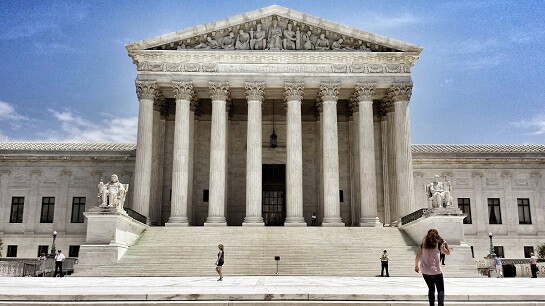
Overview:

<i>Burwell v. Hobby Lobby Stores, Inc.</i>

<i>Heimeshoff v. Hartford Life & Accident Insurance Co.</i>

<i>Fifth Third Bancorp v. Dudenhoffer</i>

<i>Harris v. Quinn</i>

<i>Lane v Franks</i>

Upcoming litigation
The Supreme Court has also agreed to review a challenge to the tax subsidies allowed under the Affordable Care Act. The Supreme Court said it will hear a Republican-backed appeal of a July 22 decision of the U.S. District Court for the Eastern District of Virginia that upheld the validity of subsidies offered to individuals on the federal exchange. On the same day, a three-judge panel on the D.C. Circuit Court of Appeals declared the laws premium subsidies invalid in more than two dozen states due to the laws specific language. See related story:
Tibble v. Edison International
The U.S. Supreme Court has agreed to consider a case that could make it easier for pension plan participants to sue their plans for imprudently managing investments. Lower courts have held that Edison International employees could not sue their 401(k) plan administrator for breach of fiduciary duty because their claims were time-barred under ERISA, which gives workers six years to sue after the date of the last action which constituted a part of the breach or violation. The employees contend the fiduciary has a continuing duty to make prudent investments in a plan no matter when the investments were first selected.





